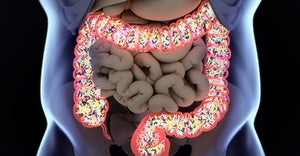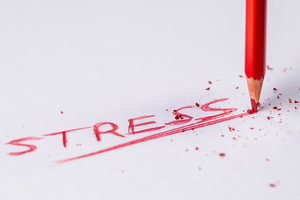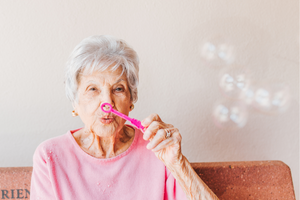Bibliotherapy: Read Two of These and Call Me in the Morning

It’s no secret that down time now and then is good for health. In the unrelenting rat-race of deadlines, traffic, and constant connectivity, curling up on a comfy couch with a good book and a cup of one’s favorite coffee or tea once in a while (preferably away from ringing phones!) can do as much for physical and mental health as a good diet, regular exercise, and quality supplements. When it comes to the fine art of self-care and relaxation, sometimes a bit of reading is just what the doctor ordered.
For the purposes of unwinding and recharging, any type of book you enjoy can fit the bill. But there’s a surprising body of scientific literature that suggests “bibliotherapy” can be helpful for addressing specific health concerns. Bibliotherapy is a form of cognitive and behavioral therapy, usually involving self-help books that can further educate people about their conditions, beyond what busy healthcare practitioners might have time to provide during a typical appointment. It can also be empowering for people, by helping them feel like they’re a more active participant and have a greater hands-on role in their own treatment.
Self-help books are often lumped together with unproven “new age” healing strategies. This is unfortunate, because a host of studies has shown that bibliotherapy that presents actionable strategies and real-world exercises for changing thought patterns and self-talk can be highly effective for improving mild to moderate depression.
Bibliotherapy has been proven effective for young people (teens and twenties) with mild to moderate depressive symptoms. Interestingly, not only was the intervention of reading targeted self-help books beneficial, but the improvements in depressive symptoms lasted into the follow-up period, after the actual intervention was over. (In one study, the follow up was one month later, while another was three months later, and both demonstrated some degree of lasting change.) The authors speculated the results might have been even more promising if subjects had applied themselves to completing 100% of the exercises in the intervention book, rather than the reported average of 65%. Much like physical exercise, the benefits of cognitive and behavioral therapy via bibliotherapy are more likely to last if the recommended exercises are continued on a regular basis, for the long-term. And just like with physical exercise, long-term adherence to an effective strategy is usually the hardest part.
Older adults may also benefit from bibliotherapy. In a small study involving subjects over age sixty with mild to moderate depression, books that taught either cognitive or behavioral therapy were superior to delayed intervention at reducing depressive symptoms. The authors emphasized that the content of books intended as bibliotherapy needs to be “relevant and reasonable” to the condition it’s intended for—meaning, the information and strategies the books introduce are what create the effect, rather than the mere act of reading, itself. They also made it clear that bibliotherapy, by itself, probably isn’t sufficient as a standalone therapy. It shouldn’t be considered as a replacement for more intensive treatment strategies, when necessary, but it can be a useful addition to other treatments, especially when patients face financial, physical, or geographic barriers to getting help—all of which may be more likely among an older population.
While self-help books specifically designed to address particular health conditions may be warranted at times, don’t underestimate the beneficial impact of carving out a little quiet time to unplug and read whatever you enjoy. Taking time for occasional self-care via reading and recharging may be just as important to overall health as a good diet. Think of it as vitamin R – relaxation!
Sources
- Moldovan R1, Cobeanu O, David D. Cognitive bibliotherapy for mild depressive symptomatology: randomized clinical trial of efficacy and mechanisms of change. Clin Psychol Psychother. 2013 Nov-Dec;20(6):482-93.
- Scogin F, Jamison C, Gochneaur K. Comparative efficacy of cognitive and behavioral bibliotherapy for mildly and moderately depressed older adults. J Consult Clin Psychol. 1989 Jun;57(3):403-7.
- Tags: bibliotherapy CBT therapy
- David Brady







Comments 0